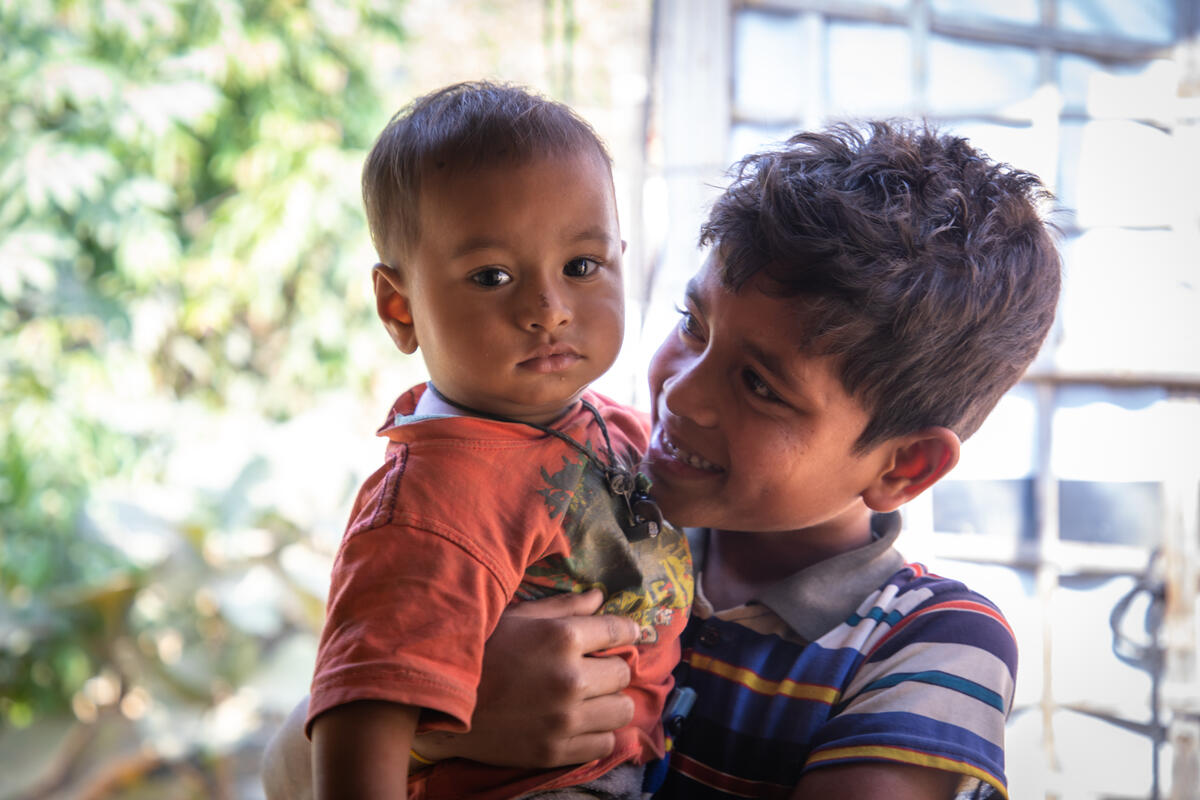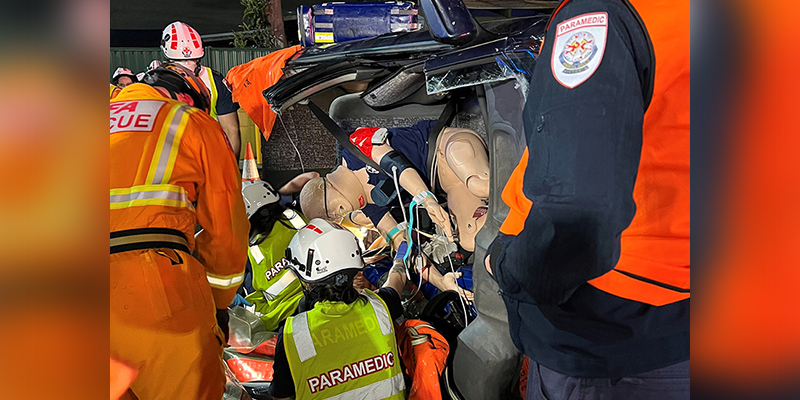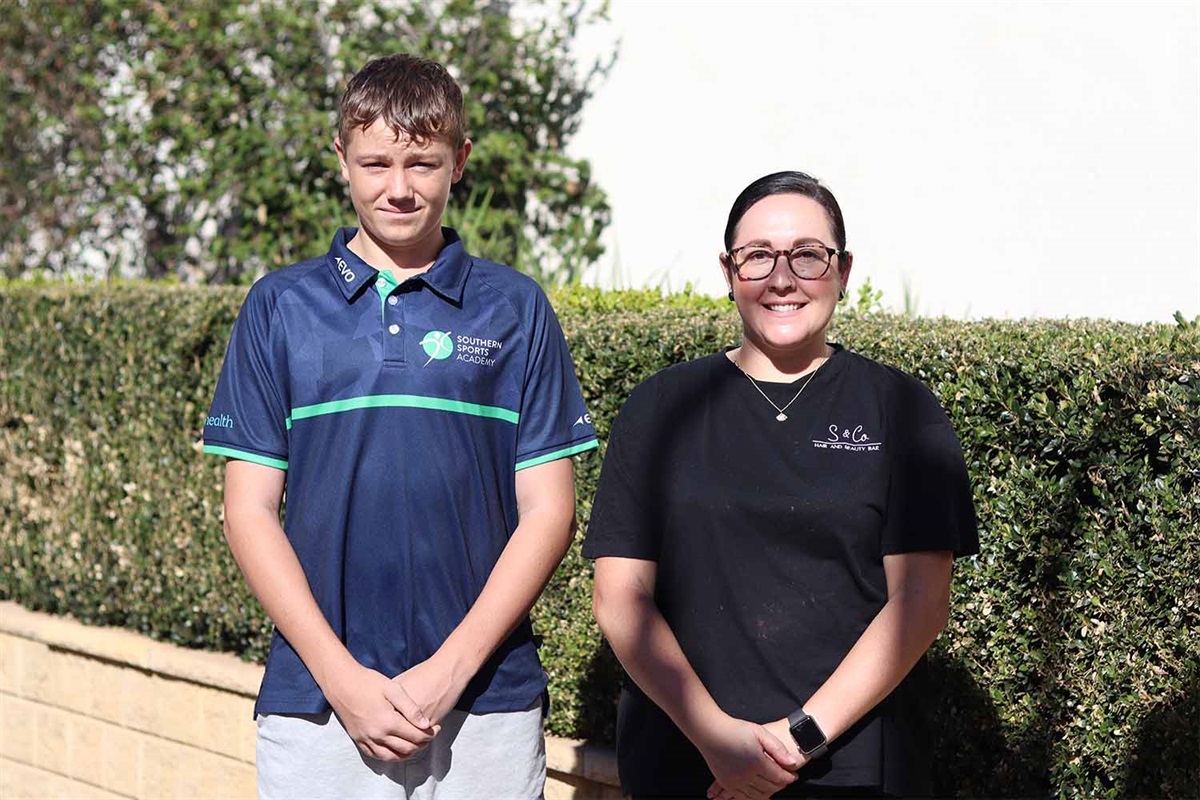
COX’S BAZAR, BANGLADESH (MAY 15, 2020) – Rohingya children face increased risk of physical, sexual and emotional violence as lockdowns and quarantine measures ramp up following the first COVID-19 case being reported on May 14 in the world’s largest, most densely populated refugee camp, says World Vision.
Children comprise more than half of the 859,000 refugees in the sprawling makeshift megacity in southern Bangladesh. Rohingya children are among the 85 million more children made vulnerable by the COVID-19 crisis, according to Aftershocks – A Perfect Storm, a World Vision report released today.
“Rohingya children are out of class and confined to their overcrowded homes – that’s a potentially dangerous scenario that can make them extremely vulnerable,” says Rachel Wolff, Senior Director of World Vision’s humanitarian response in Cox’s Bazar.
“We’ve learned from past crises, such as the Ebola epidemic, that children in any kind of emergency are most at risk of abuse and exploitation, especially when they don’t have the protection of being in class. Children in the camps are telling us that they long to go back to our learning centres, but we were forced to close them months ago and now lockdown restrictions will be even tighter.”
Since a national lockdown began on March 26, governmental COVID-19 prevention measures have forced World Vision and other agencies to cut back activities to basic “critical services” only. Aid workers are limited to delivering food assistance, health and nutrition services, and water and sanitation. With reduced staff in the camps, Wolff says she is concerned that children have fewer safe places and trusted adults they can to turn to for help.
“As a mother of four children myself, I’m worried about how the fallout from COVID-19 is affecting Rohingya children,” says Wolff. “I’m afraid we are going to see more child marriage and child labour over the coming months as poverty increases in the camps and parents resort to negative coping measures just to feed their families adequately.”
In the camps, World Vision is helping Rohingya families protect themselves against the virus. An extra 3750 handwashing stations were recently installed across the camps and soap distributed to 17,700 more families. World Vision teams are conducting hygiene promotion trainings daily with parents and camp leaders. In partnership with the World Food Programme, the agency regularly provides food rations to 96,000 households monthly.








